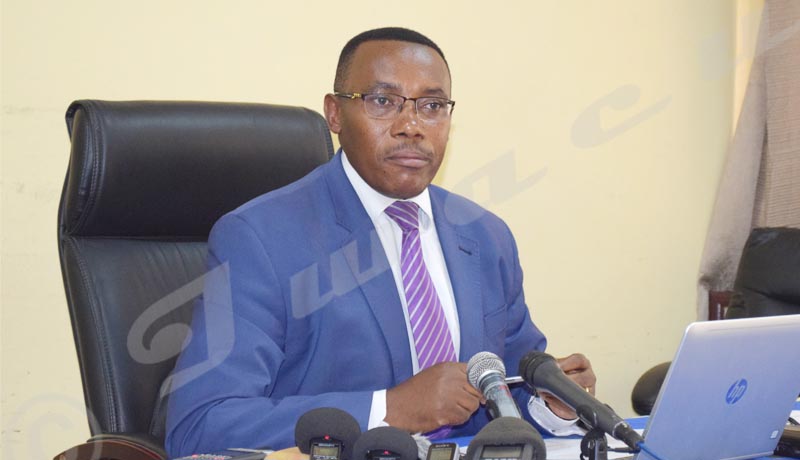“Approximately 7 million insecticide-treated nets will be distributed to the Burundian population across the country,” said Thaddée Ndikumana, Minister of Health while he was officially opening the campaign of distributing mosquito nets this 16 December.

Thaddée Ndikumana: “The national situation has not reached the rate where malaria can be declared as an epidemic
This activity took place in Rugombo Commune of Cibitoke Province in northwestern Burundi. Minister Ndikumana has called on the population to use appropriately mosquito nets to avoid contracting malaria which is a threat to the health of the Burundian people.
He has said that 50% of children and women who go to the hospital suffer from malaria adding that the number of malaria patients has decreased over the past few days as a result of government measures to make available medicines and mobile health centers in order to provide people with easy access to health care.
African branch of WHO says malaria has killed 2,691 people since the beginning of 2019 while the United Nations Office for the Coordination of Humanitarian Affairs (OCHA) had reported 5.7 million malaria cases in the country and 1,800 deaths since January.
Reports indicate that the major drivers of the current increased malaria transmission include low use of preventive measures that are coverage of long-lasting insecticidal mosquito nets stands at less than 50% after the last universal distribution campaigns in 2017; low population immunity in the wake of increased mobility, especially for the people living in the mountains where malaria transmission is usually very low; climatic changes and vector ecological.



















 IWACU Open Data
IWACU Open Data

